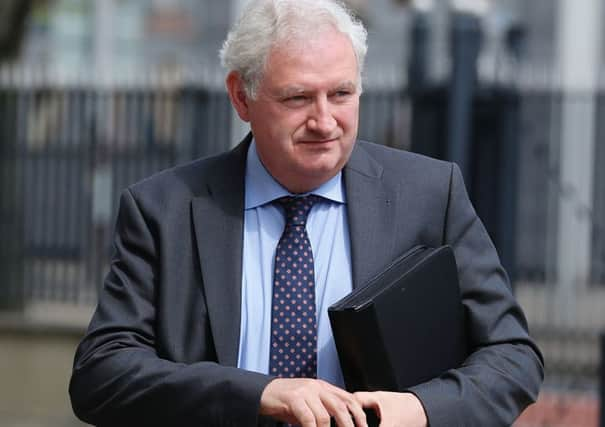The IRA is being appeased on legacy issues and many of their victims are voiceless, says leading detective


Norman Baxter, who was a chief superintendent in the RUC and PSNI and ultimately in its serious crime branch, says terrorists have been allowed to “redefine murder”.
“The government barters with the emotions and freedom of retired military veterans who risked their lives to protect our society from terrorism,” Mr Baxter, pictured above, says in an article in today’s News Letter.
Advertisement
Hide AdAdvertisement
Hide Ad“With each concession they gamble that the republican war machine will be placated.”
Mr Baxter is contributing to this newspaper’s Stop The Legacy Scandal series of essays, which look at how the investigation and depiction of the past has turned against the security services — his article is in our print edition today and will be put online much later on Saturday, but see below a link to a section that has previous articles in the series.
Mr Baxter writes about how he often encountered victims of terrorism during his career.
He says most such victims are voiceless: “There were no ‘human rights’ lawyers knocking at their door to represent them”.
Advertisement
Hide AdAdvertisement
Hide AdThese victims and their relatives have lost out because, he says, “they have no leverage through threats of violence or political sabotage”.
Mr Baxter recalls how a family relative sustained lifelong injuries at the hands of the notorious IRA murderer James Lynagh, after an attack at an isolated farm. Lynagh was later killed by the SAS at Loughgall during an IRA bomb attack, a case that has been the subject of long running legal claims, and he is now one of dozens of terrorists set to get well-funded legacy inquests.
“It is right that a formal inquest process should be conducted into all deaths,” Mr Baxter says. “However the stakes at the political casino table has created an immoral imbalance between what the state spends on investigating the murders of innocent people and what is spent on investigating deaths of active terrorists.”
Elsewhere in his article, Mr Baxter writes: “How ironic that the government’s current proposals equivocates on the distinction between the victim of terrorism and the terrorist.
Advertisement
Hide AdAdvertisement
Hide Ad“How ironic it is that the perpetrators of murder are now the arbitrators of justice to the victims they created.”